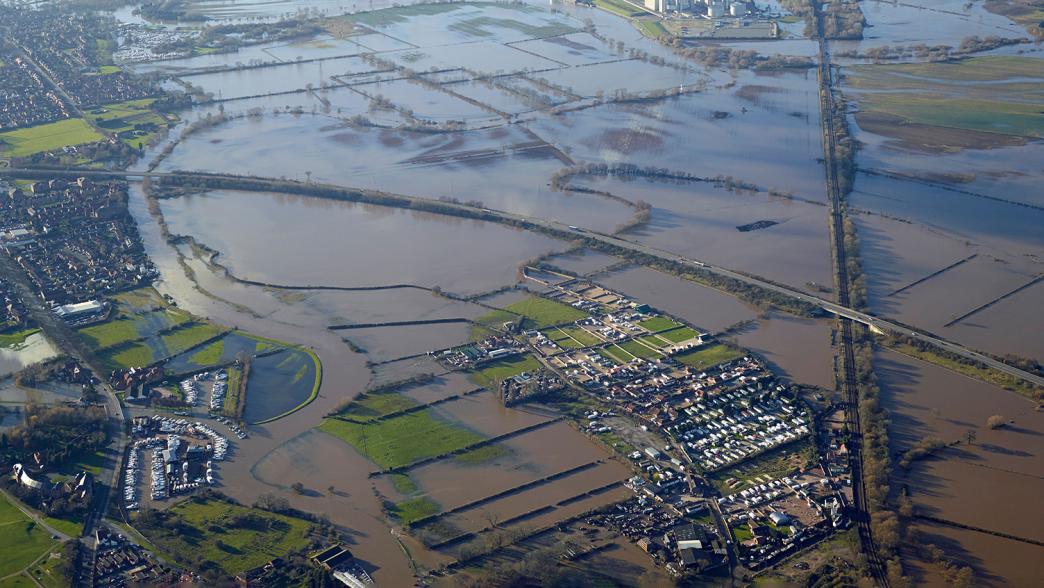Parliament should do more to scrutinise the government’s plans for emergency response
PACAC has looked at the rollout of the new emergency messaging system tested in April.

On 18 July the Public Administration and Constitutional Affairs Committee (PACAC), which has responsibility for oversight of the Cabinet Office and the Civil Contingencies Secretariat, held a scrutiny session looking at the test the government carried out in April of its new emergency messaging system. This is a welcome development, but greater action is needed to improve thinking and delivery of government’s wider contingency planning